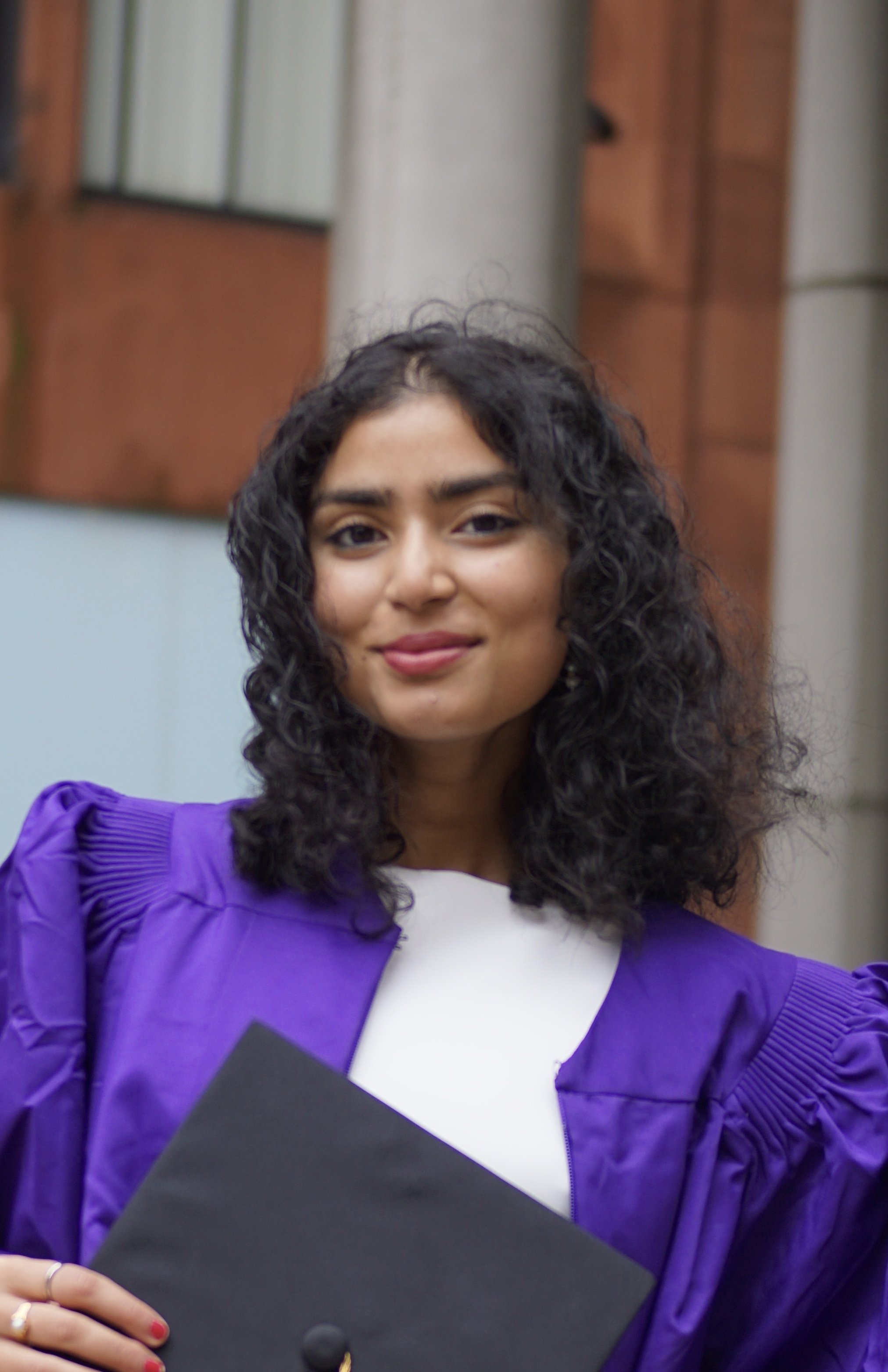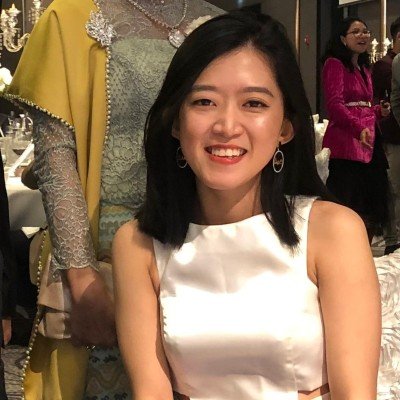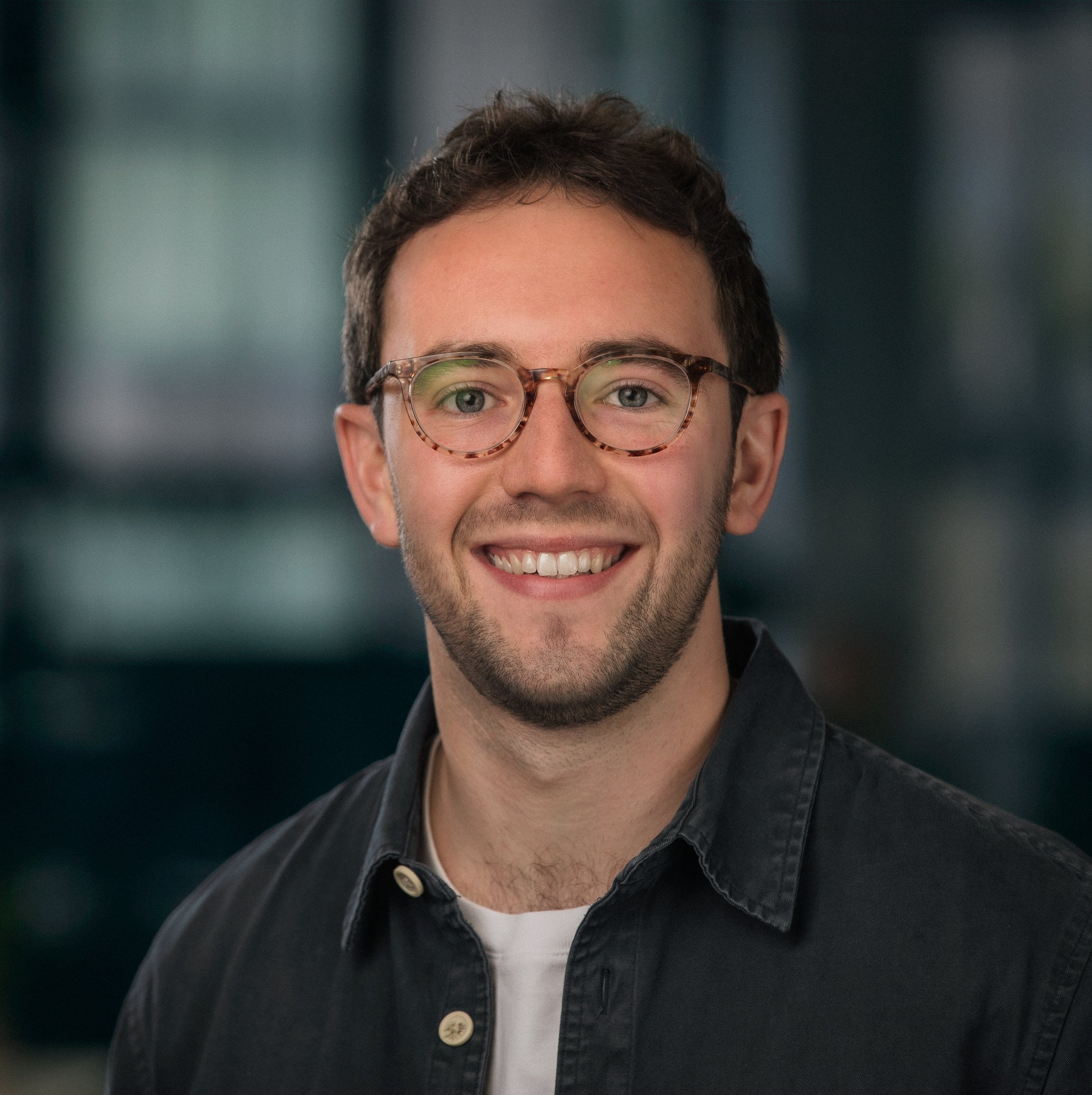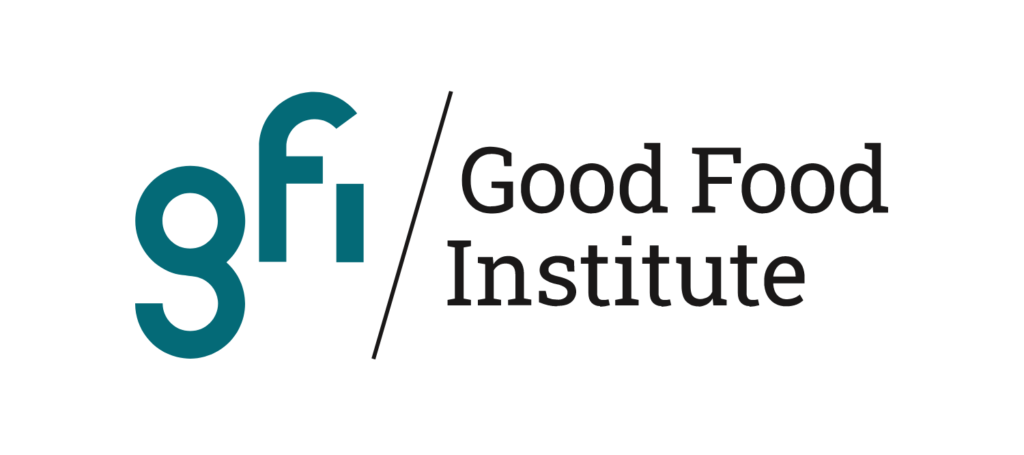The Cambridge University Alt Protein Project
A student-led initiative to generate awareness and build a community around Alternative Proteins in Cambridge.
OUR STORY
Founded in 2019 as the Cambridge University Cellular Agriculture Society, we have become a growing community of students from various backgrounds (biosciences, engineering, social sciences, computer sciences and law). What unites us is the vision of a more sustainable food system for our planet.

OUR VISION
As students we play a pivotal role in building the Alternative Protein ecosystem. We are the catalysts who can shape university priorities. From driving scientific inquiry that improves the sensory and functional qualities of new protein products to creating educational programs and establishing a talent pipeline for a growing industry, universities will be a cornerstone of the alternative protein ecosystem.
As part of the Good Food Institute’s Alt Protein Project, our initiative is all about creating connections — between tissue engineers and food scientists, entrepreneurial business students and technical innovators, principal investigators and the next generation of research talent.
Most importantly, the Alt Protein Project connects members with the right ideas, questions, and opportunities that will help accelerate a global transition. The result is a network of academic institutions that prioritise plant-based, cultivated, and fermentation-enabled protein. This network helps provide this growing alt protein sector with the institutional resources and human ingenuity it needs to scale and feed the world sustainably.
Organise events and conferences that generate awareness and excitement, propel innovation, and cultivate new ideas around alternative proteins.
Build a fun, fulfilling, and inclusive community for students and researchers interested in alternative proteins.
Stimulate open-access research that enables innovation in plant-based meat, cultivated meat, and fermentation.
MEET THE TEAM
SENIOR COMMITTEE

-

Mariel Alem Fonseca - President
Mariel is a PhD student in Engineering at the Institute for Manufacturing. Her research focuses on the supply chains of alternative proteins. She envisions a food system which is resilient, sustainable, ethical and humane for everyone - regardless of species.
-

Thomas Ralfs - Vice President Education
Thomas studies plant sciences, carrying out research into the ancient symbiosis between crops and fungi. They’re interested in fostering relationships between Alt protein industry & Cambridge academics to help build more resilient & sustainable food systems.
-

Tara Davis - Vice President Research
Tara is a PhD student based in the MRC Toxicology Unit, where her research focuses on xenobiotic metabolism by the gut microbiota. She’s interested in helping to improve the prominence of alternative proteins research in Cambridge.
-

Anvita Guda - Vice President Communication
Anvita is an MPhil Candidate based at the Cognition and Brain Sciences Unit. With a background in Linguistics and Chemistry, she's interested in the narrative and pragmatic attitude surrounding alternative protein consumption, in addition to the biochemical bases of generating nutritious, resource-mindful, and accessible products for consumer use.
-

Sigurdur Martinsson - Head of Outreach
Siggi is a Master’s student researching the climate impact of food, and how more sustainable choices and behaviours can be encouraged in society. Siggi is interested in all research initiatives that can help unlock a more equitable and sustainable food system for all.
-

Aeint Chel - Head of Industrial Collaborations
Aeint is pursuing a Master of Business Administration, with a focus on sustainability. Building on her entrepreneurial background, Aeint is interested in reshaping the food system by advancing access to alternative protein options, aiming to reduce reliance on animal agriculture and promote more sustainable food choices.
-

Petya Kamburova - Head of Strategic Partnerships
Petya is an MPhil student in Bioscience Enterprise at the Chemical Engineering and Biotechnology (CEB). She comes from a tech and entrepreneurial background and is skilled at scaling businesses, high-level negotiations and product innovation. She believes the alt-protein industry can provide answers to sustainability and health-related burning issues and loves to launch strategic partnerships within the industry to create synergies and growth.
-

Helena Tagg - Head of Event Coordination
Helena is a Master's student studying biological sciences, with specialism in plant development. Her research at The SLCU focusses on how high ambient temperature affects the development of young leaves, aiming to provide insights on the effects of our changing climate on morphology. Through working with a start-up in the cultivated meat industry, she has become fascinated by the potential of alternative proteins to revolutionise future food security.
-

Dr. Chandrakala Ravichandran - Head of Communications
Chandrakala is a Food Technologist holding a doctoral degree and possessing extensive research expertise in innovative food processing, process optimization, shear technologies, new product development, plant-based foods, and food safety. Her primary focus is on promoting sustainability in food ingredients and processing to facilitate the production of safe, healthy, and nutritious food, ultimately contributing to the achievement of global food security.
-
Hui Hui - Academic Officer
Hui Hui is a Chemical Engineering and Biotechnology undergraduate dedicated to advancing sustainability in the global food system. Driven by the vision of a world where affordable, nutritious food is accessible to all, she believes academia and industrial partnerships play a prominent role in making impactful systemic changes.
-
Anqi Yu - Academic Officer
Anqi is a PhD student in pharmacology and an MPhil graduate in genetics. Her background includes molecular biology, genetics, biochemistry and synthetic biology. She is currently working on therapeutical oligonucleotides. She hopes to share her knowledge and experience with the AP community and do something positive with biology.
-

Shraddha Jadhav - Communications Officer
Shraddha is an MSc graduate with extensive experience in microbial fermentation and applied microbiology, currently a Smart Protein Advanced Research Knowledge Fellow of the Good Food Institute India. Her research focuses on sustainable protein production using algal biomass, leveraging fermentation to enhance nutritional value. Shraddha is passionate about advancing the alternative protein sector, viewing it as a solution to pressing global sustainability challenges.
-

Stefania Poletti - Communications Advisor
Stefania is a marketing executive with over 15 years of experience and a strong background in both creative strategy and business growth. Her personal portfolio includes top Fortune 500 companies as well as global NGOs. For the past eight years, Stefania has founded and led an award-winning advertising agency dedicated to nonprofits and innovative food brands. She is passionate about sustainable food technology and obtained certifications in both mycology and cellular agriculture.
-

Peter Kalkowsky - Industry Advisor
Co-founder & CEO of Shocken Foods, a multi-award-winning UK vegan meat producer. A serial entrepreneur and international speaker, Peter specializes in alternative protein manufacturing and science-to-factory commercialization. With a master’s degree in Political Science and Business Management, he excels at identifying opportunities where policy, academia, and industry intersect. Previously, he led a global team of 300, driving innovation and growth in a multinational corporation.
ADVISORY BOARD

-

Will Saunter
Co-founder of the Cambridge University Cellular Agriculture Society in 2019, Will built the Alternative Protein Fundamentals Programme to improve alternative protein talent pipelines.
He has now co-founded BlueDot Impact to build similar high-impact courses in biosecurity and AI safety.
-

Dr. Inanna Hamati-Ataya
Principal Research Associate and Principal Investigator on the ERC-funded projects ARTEFACT (2017-2023) and NOAH (2022-2023), and founding director of the Centre for Global Knowledge Studies (gloknos).
-

Seren Kell
Science and Technology Manager at The Good Food Institute Europe, Seren collaborates with scientists, academics and innovators to support advances in the science of sustainable protein and foster a thriving research ecosystem across Europe.
-

Lisa Neidhardt
Lisa recently received her PhD in molecular biology at the University of Cambridge in the lab of David Ron, working on cellular stress response pathways.
For her next career step, she is keen to actively contribute to the agricultural revolution.
OUR COLLABORATORS
-

Good Food Institute
The Good Food Institute is a nonprofit working internationally to accelerate alternative protein innovation. At GFI, we’re building a world where alternative proteins are no longer alternative.






